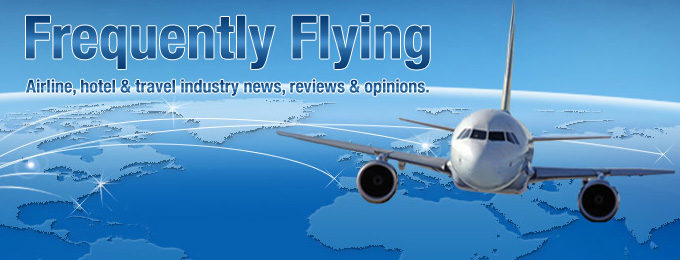My interest remains high watching a little battle unfold in the travel industry regarding airline ticket sales and distribution channels. As I blogged about previously, American pulled its flights from Orbitz after the Online Travel Agency (OTA) refused to connect directly to American’s availability, thereby skirting the traditional Global Distribution Systems (GDS). This, then, would significantly reduce the fees American would pay on a per segment basis to the GDS systems. It would then also likely require the OTAs to install costly technology capable of supporting a direct connection, while losing out on lucrative credits for using the GDS systems. American wins, OTAs and GDSs lose.
 After the Orbitz incident last month, Expedia, another major OTA, took sides with its competitor and made it less transparent for users to find American’s flights on their site. They took it a step further a mere week later by pulling all of American’s flights completely out of their system when their contract with the carrier expired at the stroke of midnight on December 31st.
After the Orbitz incident last month, Expedia, another major OTA, took sides with its competitor and made it less transparent for users to find American’s flights on their site. They took it a step further a mere week later by pulling all of American’s flights completely out of their system when their contract with the carrier expired at the stroke of midnight on December 31st.
The travel industry is abuzz over these developments, so without knowing the inside scoop on the contract terms, fee structures and development costs, all we can do is speculate. My best guess is that given the incredibly low margins an OTA likely makes on selling a single ticket, any kind of hit in profitability, reduction of incentive credits, or a major technology overhaul would be catastrophic, so I have to think their ability to compromise is at a minimum. At the same time, the fees American and all carriers pay to hold and confirm seat inventory and schedules on the GDSs has been a source of angst for the carriers for years. Who is really to blame here, and whose side would you take?
 I had also mentioned in my previous post that some of the controversy surrounds the belief that by American requiring the direct connection, their fares would be more difficult to compare to the other major carriers and consumers would be the losers. While I can agree with this in theory, in reality Southwest Airlines operates like that today and has obviously been very successful. That said, I may have to retract my previous prediction that we would again see American’s flights and fares back in Orbitz relatively quickly. It still surprises me, though, that American is willing to gamble that the 1 in 5 people who use OTAs based on a recent survey will automatically know to book with American directly now. So far, though, American is claiming their ticket sales have increased from last year.
I had also mentioned in my previous post that some of the controversy surrounds the belief that by American requiring the direct connection, their fares would be more difficult to compare to the other major carriers and consumers would be the losers. While I can agree with this in theory, in reality Southwest Airlines operates like that today and has obviously been very successful. That said, I may have to retract my previous prediction that we would again see American’s flights and fares back in Orbitz relatively quickly. It still surprises me, though, that American is willing to gamble that the 1 in 5 people who use OTAs based on a recent survey will automatically know to book with American directly now. So far, though, American is claiming their ticket sales have increased from last year.
And so, I watch with peaked interest and will likely blog more about this in the future. Of particular interest to me is the evolution of the GDSs and how the money flows, so stay tuned for more.


[…] to further the evolution of how and where the carrier’s tickets are shopped and sold. As I previously blogged, American is seeking to reduce distribution costs by steering away from the legacy global […]